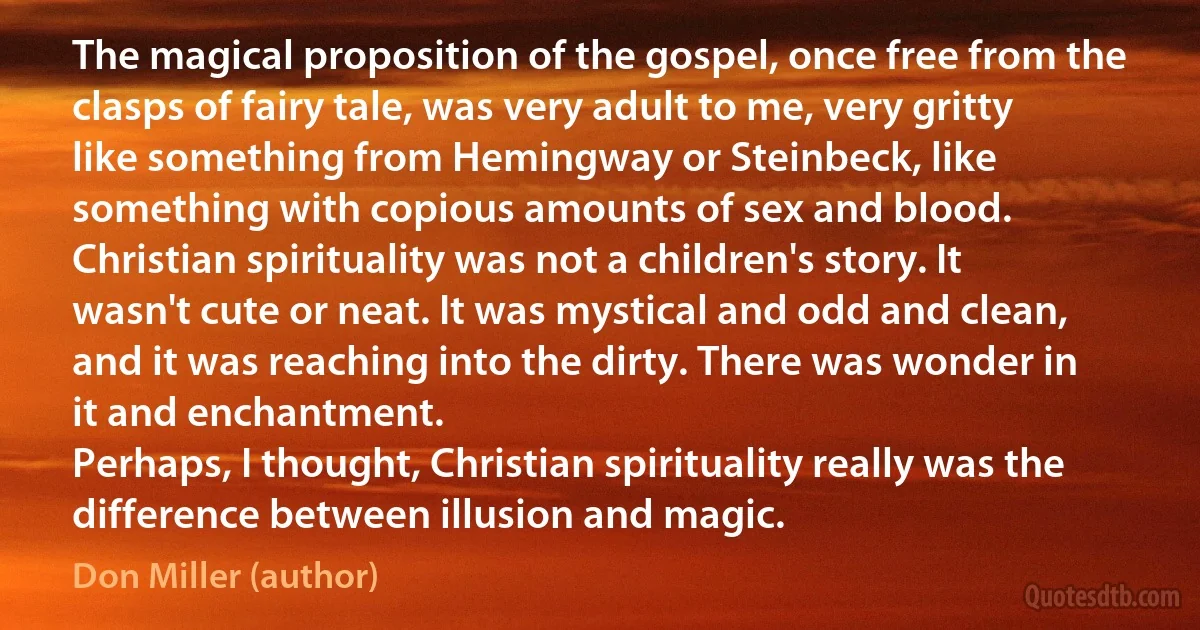Reaching Quotes - page 14
We are showing that Englishmen can still die with a bold spirit, fighting it out to the end. It will be known that we have accomplished our object in reaching the Pole, and that we have done everything possible, even to sacrificing ourselves in order to save sick companions. I think this makes an example for Englishmen of the future, and.

Robert Falcon Scott
I'm reading Kristin Lavransdatter again - it's one of the greatest poetic books, and the most powerful portrayal of medieval Christendom I know....I must admit that it makes me cry every time - because it's so real, so true, reaching to the depths of human nature, touching one to the quick.

Ida Friederike Görres
I remember when my mother, Shyamala Harris, bought our first home. I was thirteen. She was so proud, and my sister and I were so excited. Millions of Americans know that feeling of walking through the front door of their own home for the first time - the feeling of reaching for opportunity and finding it.

Kamala Harris
Reaching a conclusion has to start with what the parties are arguing, but examining in all situations carefully the facts as they prove them or not prove them, the record as they create it, and then making a decision that is limited to what the law says on the facts before the judge.

Sonia Sotomayor
We feel the necessity of deceiving ourselves, of even grossly deceiving ourselves, and of believing, when we are doing wrong, that we are doing right. When we do not succeed in reaching such persuasion, merely by sounding our own reason and conscience, we look about for something or some person to aid us in the attempt.

Alexandre Vinet
Don't think that I underrate the very great debt we owe to the old diplomacy. Before the new system came into existence, diplomacy was the only protection we had against war; and its achievements were of the utmost importance and value to the human race. But perhaps it is natural that, with rare exceptions, the whole strength of this very powerful organization has been against the new ideas and new principles at Geneva. The old diplomat liked to move with deliberation, in secret, following well-established traditions and working through what he loved to describe as "the usual channels". To him, the open debate carried on, not by professional diplomats, but by politicians and statesmen having little regard for the use of the technical phraseology of diplomacy and intent merely on reaching results which would make diplomacy unnecessary, was offensive to all his instincts.

Robert Cecil, 1st Viscount Cecil of Chelwood
Contemporary theories of politics tend to portray politics as a reflection of society, political phenomena as the aggregate consequences of individual behavior, action as the result of choices based on calculated self-interest, history as efficient in reaching unique and appropriate outcomes, and decision making and the allocation of resources as the central foci of political life. Some recent theoretical thought in political science, however, blends elements of these theoretical styles into an older concern with institutions. This new institutionalism emphasizes the relative autonomy of political institutions, possibilities for inefficiency in history, and the importance of symbolic action to an understanding of politics. Such ideas have a reasonable empirical basis, but they are not characterized by powerful theoretical forms. Some directions for theoretical research may, however, be identified in institutionalist conceptions of political order.

James G. March



